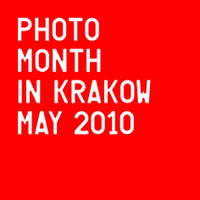His photographs are documentary, almost anthropological by nature, and make keen observations on contemporary British society.Ray-Jones stated that his aim as a photographer was to capture the specific British aura, the nostalgic potential and surreal humor in ordinary situations.
A five-year period in the USA and his studies at Yale University of Art were of great importance to his artistic development. During a year-long stay in New York he frequented the laboratory of Alexey Brodovitch, and had the chance to meet and draw inspiration from street photographers like Joel Meyerowitz and Garry Winogrand. In their company, his Leica in hand, he learned to melt into the multiethnic New York crowd, and to capture candid and telling photographs. He took this way of understanding documentary photography back with him to the British Isles. At the time, his photographs were considered "exotic".
In 1968 his attempts to publish his England by the Sea album, which served as a basis for the A Day Off (which was published after his death), came to nothing – the publishers claimed that the album would raise no interest.
Even at the present moment it is not easy to call Ray-Jones a popular photographer. It was only in 2004 that his work received a full retrospective exhibition at the National Museum of Photography, Film and Television in Bradford, England.
— David Allan Mellor, curator, Starmach Gallery
See a selection of early color photographs made by Tony Ray-Jones while he was a student in the U.S. in American Colour 1962-1965.
Tony Ray-Jones' photographs were featured as part of the overview of contemporary UK photography at the excellent Photomonth 2010 in Krakow, Poland.




